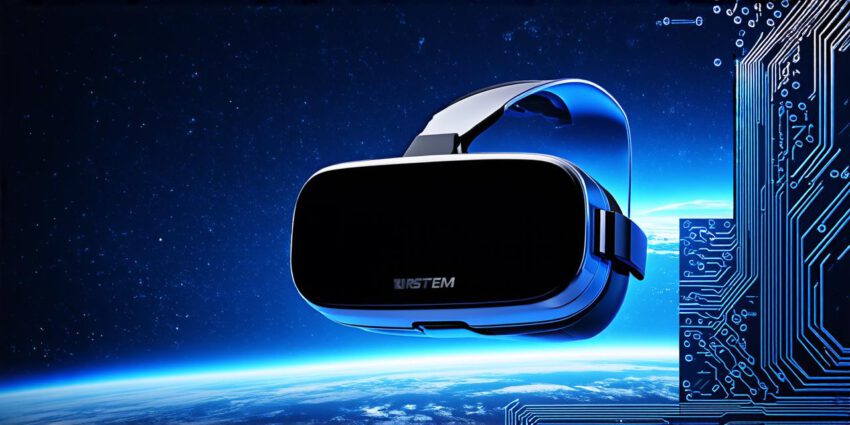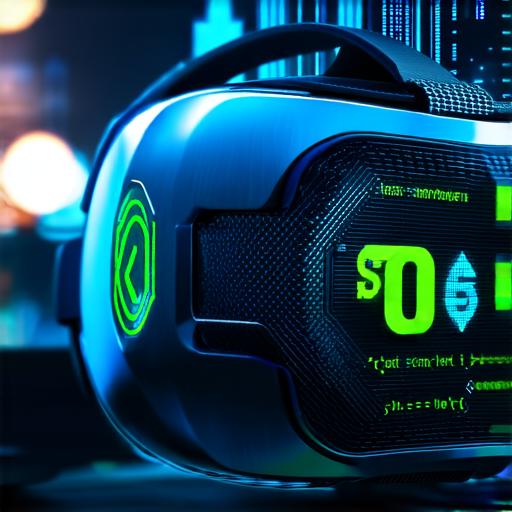Unity Hub: The All-in-One VR Development Solution
Unity Hub is a comprehensive VR development platform that provides developers with everything they need to create immersive VR experiences for mobile devices. Unity supports both 2D and 3D game development, and its SDK includes tools for creating interactive environments, characters, and objects. Unity also offers a range of plugins and integrations that allow developers to easily add features such as motion tracking, audio, and social sharing to their VR apps.
Unreal Engine: A Powerful VR Development Toolkit
Unreal Engine is a popular game engine that has been used to create some of the most successful VR games on the market. Unreal Engine’s SDK includes tools for creating 3D models, animations, and environments, as well as support for physics simulation and multiplayer networking. Unreal Engine also supports a wide range of VR platforms and devices, making it a versatile choice for mobile gaming app development.
ARKit: Apple’s AR Development Platform
ARKit is Apple’s augmented reality (AR) development platform that allows developers to create immersive AR experiences for iOS devices. While not specifically designed for VR, ARKit provides developers with a range of tools and features that can be used to create VR-like experiences on mobile devices. ARKit includes support for motion tracking, image recognition, and object tracking, making it a powerful tool for creating interactive VR environments and games.
Google Daydream: A VR Development Platform for Android Devices
Google Daydream is a VR development platform that allows developers to create immersive VR experiences for Android devices. Daydream includes tools for creating 3D models, animations, and environments, as well as support for motion tracking and multiplayer networking. Daydream also supports a range of VR headsets and controllers, making it a versatile choice for mobile gaming app development on Android devices.
A Comparison of the Best VR SDKs for Mobile Gaming Apps
| Features | Benefits | Drawbacks | |
|---|---|---|---|
| SDK | Comprehensive VR development platform with tools for 2D and 3D game development, motion tracking, audio, and social sharing. Supports a wide range of VR platforms and devices, making it a versatile choice for mobile gaming app development. | Provides a range of VR-specific features that make it well-suited for creating immersive VR experiences on mobile devices. Supports a range of VR headsets and controllers, making it a versatile choice for mobile gaming app development on Android devices. | Can be more complex to use than other SDKs, and may require additional plugins and integrations to add advanced features. |
| Unreal Engine | Powerful game engine with tools for 3D modeling, animations, physics simulation, and multiplayer networking. Not specifically designed for VR, but provides a range of VR-specific features that can be used to create immersive VR environments on mobile devices. | Provides a range of AR-specific features that can be used to create immersive VR environments on mobile devices. Supports a wide range of VR platforms and devices, making it a versatile choice for mobile gaming app development. | Can be more complex to use than other SDKs, and may require additional plugins and integrations to add advanced features. |
| ARKit | Augmented reality development platform with tools for motion tracking, image recognition, and object tracking. Not specifically designed for VR, but provides a range of AR-specific features that can be used to create immersive VR environments on mobile devices. | Provides a range of AR-specific features that can be used to create immersive VR environments on mobile devices. Supports a wide range of VR platforms and devices, making it a versatile choice for mobile gaming app development. | Not specifically designed for VR, and may require additional tools and integrations to add advanced VR features. |
| Google Daydream | Tools for creating 3D models, animations, and environments, as well as support for motion tracking and multiplayer networking. Supports a range of VR headsets and controllers, making it a versatile choice for mobile gaming app development on Android devices. | Supports a wide range of VR platforms and devices, making it a versatile choice for mobile gaming app development on Android devices. | May require additional plugins and integrations to add advanced features, and may not be as widely used as other VR SDKs. |
Choosing the Right VR SDK for Your Mobile Gaming App
When choosing the right VR SDK for your mobile gaming app, it’s important to consider your target audience and the features you want to include in your app. If you’re developing for a wide range of devices and platforms, Unity Hub or Unreal Engine may be the best choice as they support both Android and iOS devices. If you’re specifically targeting iOS users, ARKit may be the way to go.


